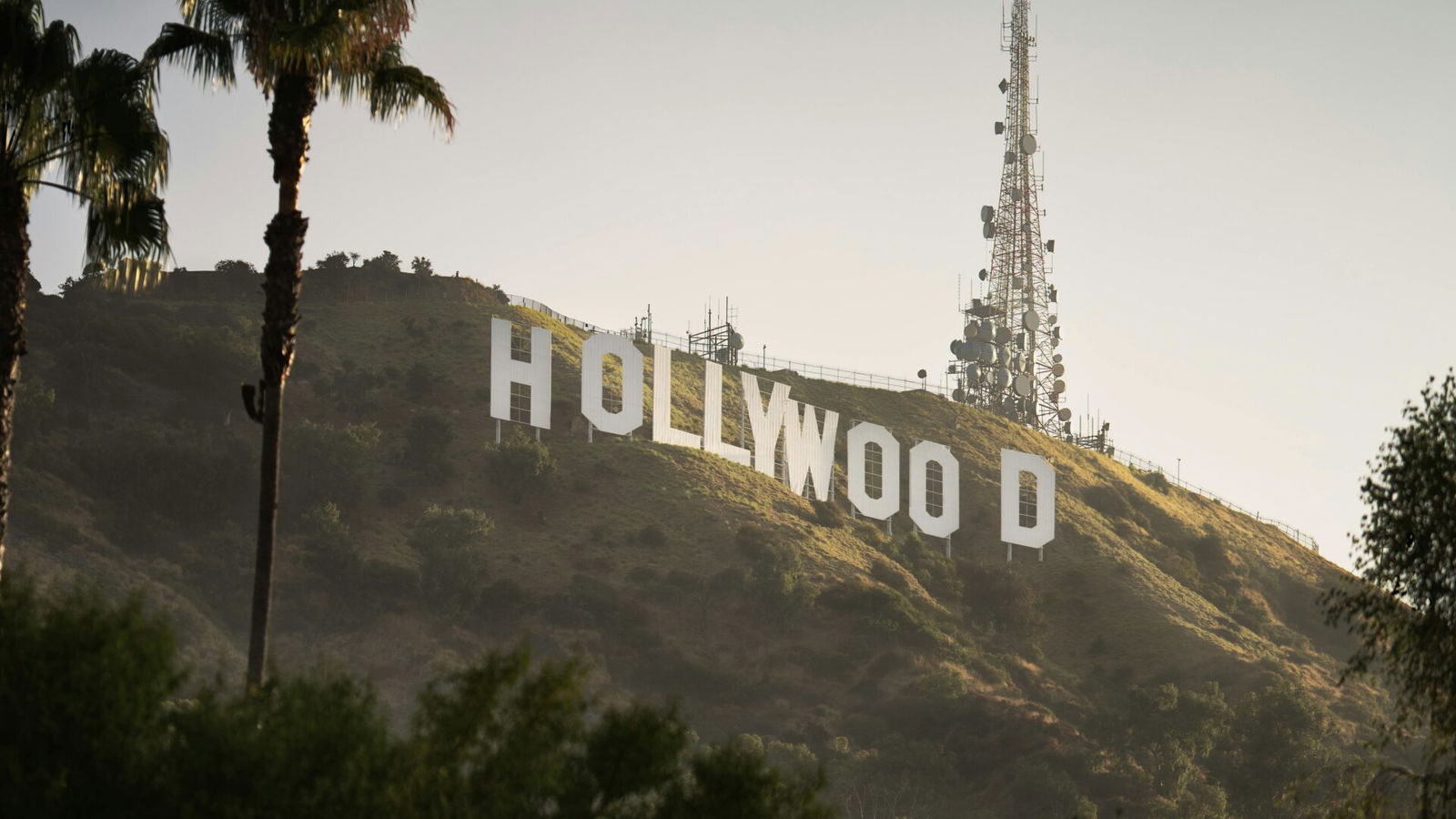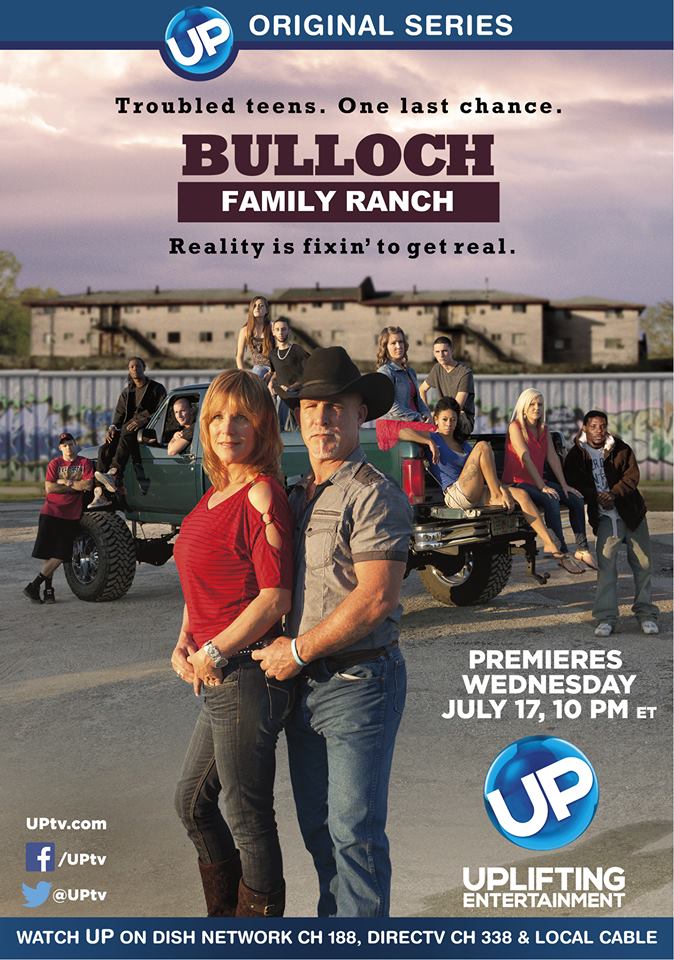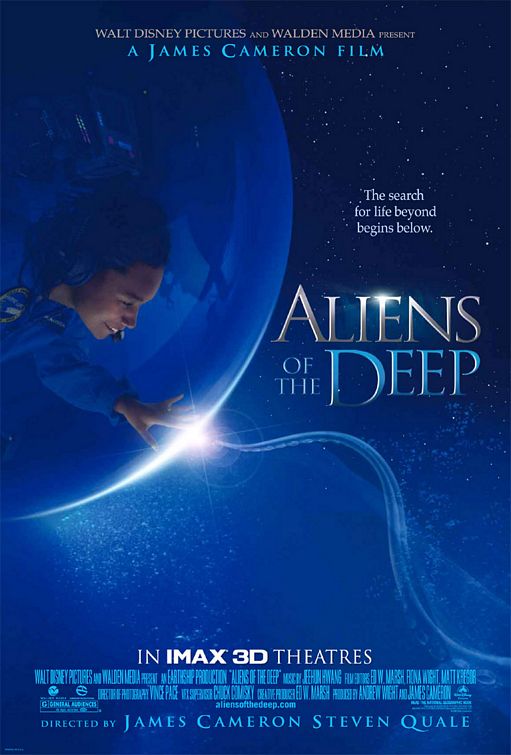
By Gavin Boyle
While many look down on Old Hollywood’s strict rule, is today’s industry really that much different?
“Most people agree, [Hollywood’s Golden Age] is probably about the beginning of the advent of sound — although silent film certainly qualifies for some wonderful Golden Age films — up to the end of the studio system, which is sometime in the mid to late ’60s, is pretty much the Golden Age that we think of,” explained film historian Tony Maietta.
The period is defined by two major factors: the studio system and a strict moral code that actors were expected to follow both in their movies and off screen.
Related: How Ongoing WGA, SAG Strikes Affect Writers, Actors and Studios
The studio system required actors to sign an exclusivity contract with a studio for up to seven years at a time. Though this guaranteed work and a paycheck for these actors, it also allowed the studios to have complete control over their careers, choosing the roles they would take on. The studios, however, had control over an actor’s offscreen life as well, with their public life expected to be carefully curated and without blemish.
These two systems often clashed, as stars used drugs to get through the demanding work hours. At the same time, though, actors couldn’t address their drug problems, leading them to suffer in silence behind the scenes.
While many in Hollywood today view this time period as controlling and absurd, the industry is not all that different now. While the morals of Hollywood have changed over the years, actors are still expected to follow them — and are punished if they do not. Unfortunately, today’s moral code is based in extravagance and a glamorized promiscuous, indulgent lifestyle. This is seen both on and off screen, as actors who have the most sex and do the most drugs are often rewarded.
Meanwhile, those who protest against this life are often punished and can end up outside of the industry, regardless of their talent. For example, Neal McDonough was blacklisted by Hollywood in the 2010s after implementing a no kiss rule to honor his wife.
“We all know that I kind of went through troubles years back because I won’t kiss another woman on screen,” McDonough told Fox Business. “At the time it was painful. I didn’t work for two years; I lost everything, house, cars and this and that. It was one of the most brutal times in my life.”
“I am very religious. I put God and family first, and me second. That’s what I live by. It was hard for a few years,” he later said.
While the power of the moral code has largely remained, the studio system has changed. If Old Hollywood was defined by studios having all of the power, Hollywood today is defined by actors having the power. This was best seen in 2023 during the summer’s dual writers’ and actors’ strikes. During that time, the writers and actors stopped working as their respective unions negotiated with the studios to improve their pay and benefits, while also forming strong protections against AI.
The industry has both changed and remained the same since Hollywood’s Golden Age ended in the ’60s. And while studios no longer hold the power they used to, actors are still expected to act and live in a certain way and are punished by being blacklisted by the industry when they step out of line.
Read Next: Actor Neal McDonough Relied on Faith After Hollywood Blacklisted Him For Christian Ethics
Questions or comments? Please write to us here.


 - Content:
- Content: 

